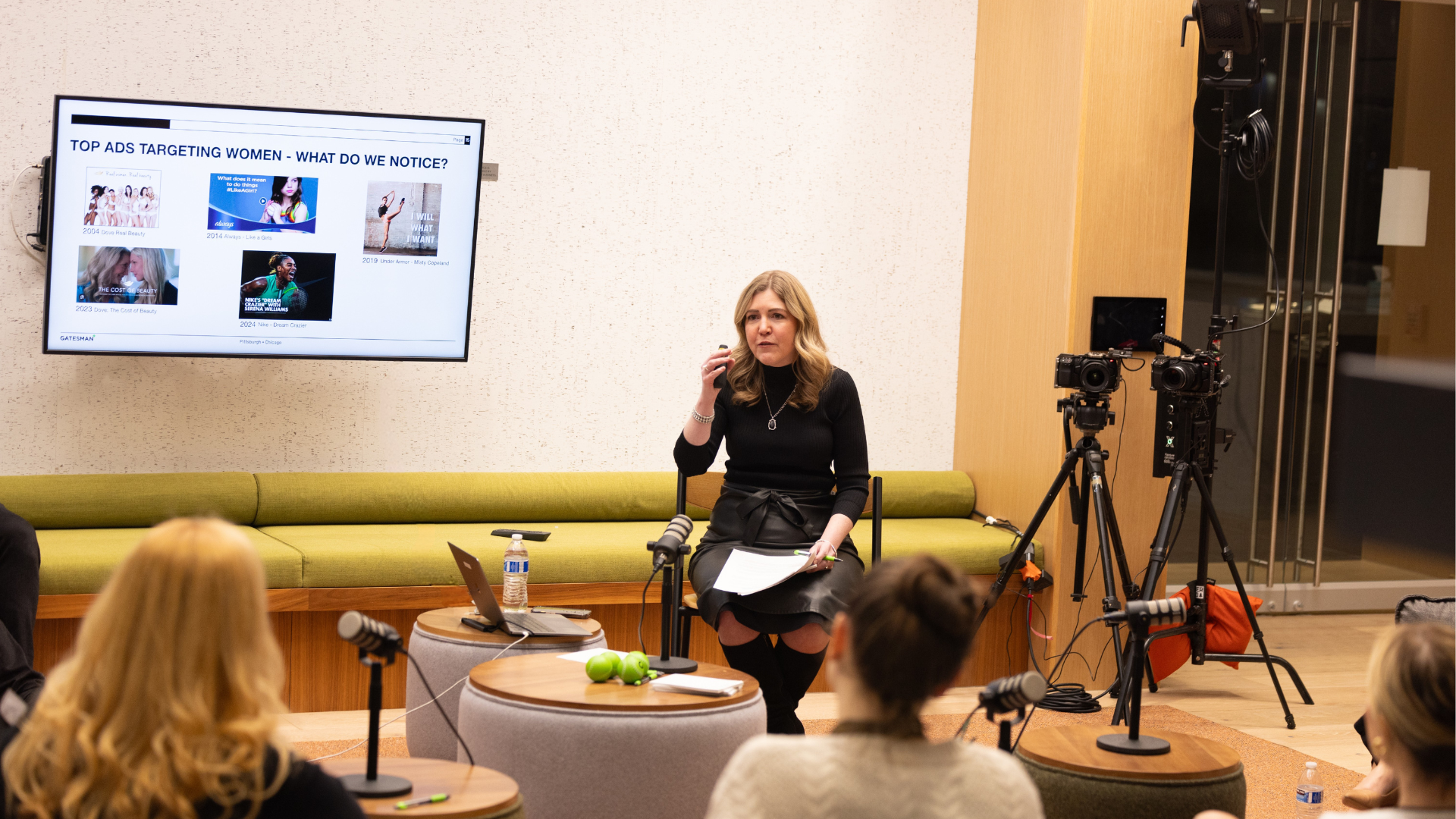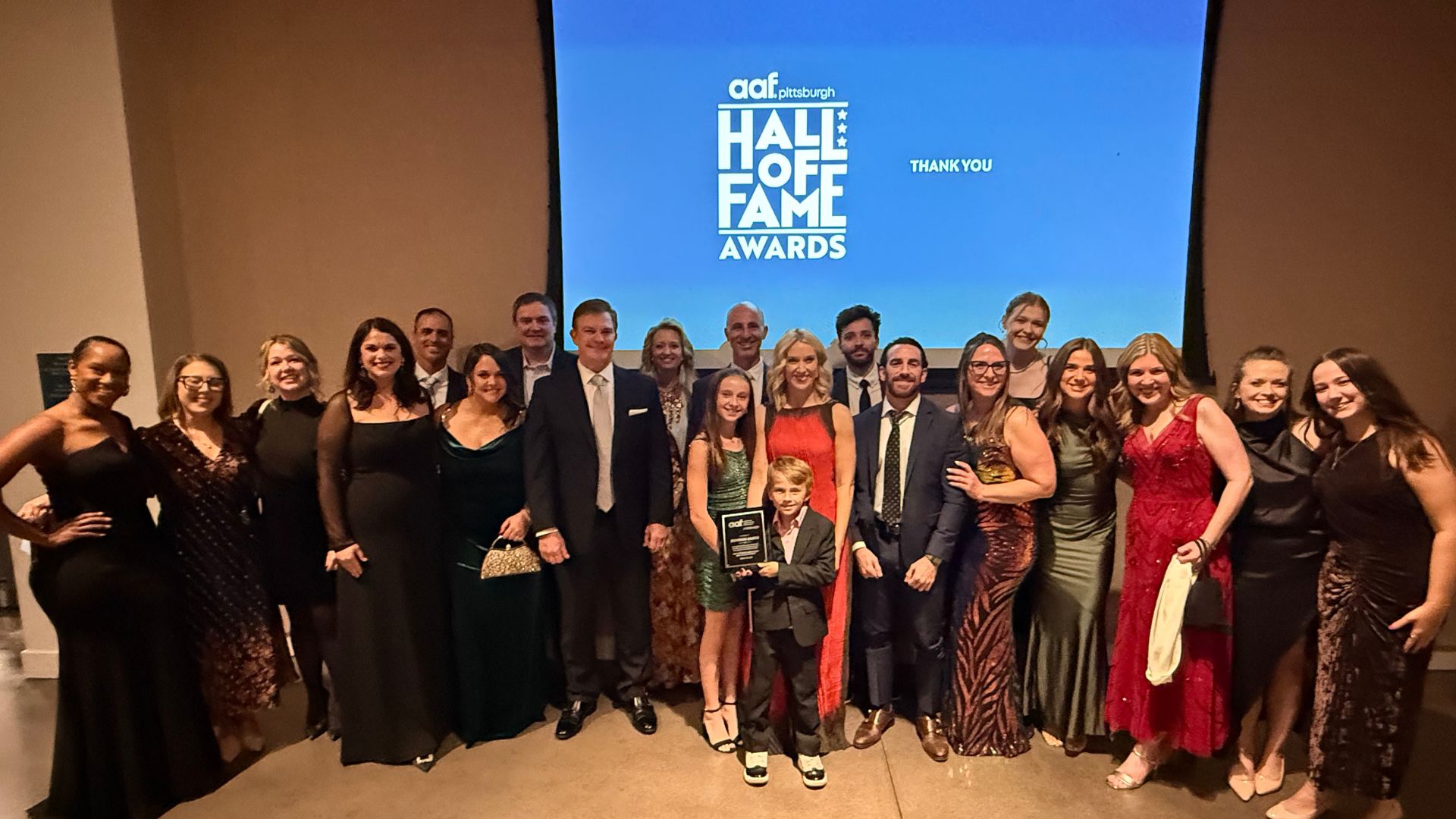To protect and to build. That was the theme of Facebook’s F8 developer conference last week, May 1-2, 2018. Addressing security concerns after the Cambridge Analytica data breach, Zuckerberg shared all the ways the social media giant is working to keep people safe while continuing to build and bring people closer together by driving connections in meaningful ways.
To promote safety and security, Zuckerberg shared how Facebook has launched artificial intelligence tools to take down fake accounts and networks. Zuckerberg referenced that any political association has to be verified with a government ID and that Facebook is bringing new transparency tools to political advertising (where you can see reach, spend, etc.). Speaking to the scale of its investment, Facebook has employed a team of 20K people dedicated to the safety and security of the platform. To ensure that there are no breaches with elections, Facebook is working on fighting fake news by assigning a content team to review posts that are going viral, taking down ads that make false claims, and closely monitoring for fake accounts, actively taking them down.
From an overall data privacy perspective for all users, Zuckerberg previewed how Facebook will soon enable new tools that allow users to delete their history – this can be turned off and on just like you would delete browsing history or clear cookies/caches on your own machine. Facebook is also restricting data on what is being asked by developers (very similar to what it did back in 2014), and vetting “bad” apps – taking them down if needed. Facebook will continue to invest in security and privacy, and acknowledged that it will always be working to stay ahead of adversaries — a “job that is never done.” As brands look to create and adopt new app technologies, it is critical to do due diligence on what information is being asked of from users. Brands should feel good about the app and should make sure that it is verified and has passed Facebook’s newly created security measures.
While Facebook is strongly focused on security, Zuckerberg announced that there are some cool new developments that the platform is rolling out that offer benefits beyond safety and privacy, such as group tabs, where you can have “watch parties” on Facebook videos (live). Most interestingly, Facebook announced that it will soon launch Dating, a Facebook experience that functions like many current dating apps. Dating is another effort to deliver on its purpose of creating meaningful relationships. This function will feature privacy and security measures as well, and if you sign up, you won’t be suggested to “date” your friends.
Zuckerberg shared some enhancements to Instagram as well, noting that the app will soon feature an updated “explore” section focused on building strong relationships with your followers based on the things you like and are interested in. Instagram will also soon ignite video chat, like Snapchat recently did, and will add new VR effects beyond what is currently available. BusinessBots, which continue to be an opportunity for many brands, especially those companies are critically focused on customer service, will also continue to grow in prominence — the experience will be made even faster and more intuitive.
And finally, Zuckerberg commented on Facebook’s efforts in the exciting virtual reality development where it is currently figuring out how to bring “immersive spaces” to life — giving users the feeling like they are in a familiar environment. For example, if you take a picture of your living room, and have Facebook memories in there (via posts you’ve made), you will suddenly be standing back in that memory. Facebook’s Oculus Go VR headset launched on the first day of the conference for $199 and will feature 1,000 apps associated with the hardware.
What does this all mean for brands?
During the conference, Zuckerberg was serious in nature, but also showcased that the recent security blips are not going to stop Facebook from developing and creating a truly robust experience. He says relationships are at the center of the universe, and so as long as people feel Facebook is associated with helping drive meaningful connections, they will not stop developing.
Just as with recent algorithm updates, which have driven brands to re-think content strategies centered on sparking genuine conversations in order to rank above conversations that are taking place in close friends’ circles, we must expect continued BIG moves from the social giant that will force marketers to constantly evolve social strategies. It’s not about creating content for content’s sake. It’s about understanding your audience and tailoring messaging specifically to their wants, needs and demands to truly make connections. A strong paid strategy on Facebook will help ensure that your messaging is being viewed – website and engagement retargeting can be used to hone your paid Facebook targeting to help your content reach a broader audience.
Facebook is truly following its internal mantra of “proceed and be bold.” If Zuckerberg can handle 10 hours of intense drilling from Congress and announce such a comprehensive approach to making changes moving forward, I think Facebook can handle and prepare for pretty much anything. Can’t wait to see what’s next.
Beth Thompson is a VP, Group Account Director at Gatesman and a Forbes Communications Council contributor committed to solving clients' complex business challenges through strategic insights, big ideas and creative solutions in contemporary PR. You can follow her on Twitter @bchoike14.



